By: Cathy Bollinger, Board Certified Music Therapist
According to the Centers for Disease Control and Prevention, one in 68 children has autism spectrum disorder (ASD). A new government survey of parents suggests that 1 in 45 children between the ages of 3 and 17 has ASD. Many of us are directly involved with someone with ASD and are looking for ways to help them be successful in school and at home.
While these kids struggle with processing sensory information in a functional way, their perceptions of musical structures can be equal to or above typically developing children. Individuals with ASD may process singing better than speech.
Because music engages both the right and left hemispheres of the brain, it can stimulate cognitive functioning and help with language skills. Music also shares neural systems with motor control, language, attention, memory, and executive functioning.
Therefore, bringing music into your classroom or home seems only natural! While I realize some of us are more comfortable singing and making music than others, here are a few suggestions:
- Rhythm is one of the strongest elements of music. A non-changing beat or pulse can provide a focal point and help some children focus. Experiment with adding a quiet, steady beat on the drum while talking to your children.
- Sing directions rather than speak them.
- When using recorded music, be sensitive to processing difficulties. Turn up the volume slowly. If you turn off a song in the middle, slowly decrease the volume.
- Include finger, hand, or body motions when possible. Traditional finger plays can engage children while teaching number concepts and developing fine motor skills!
- Include visuals with the song such as singing books or individual pictures. The Wheels on the Bus by Paul O. Zelinsky is one of my favorites.
- Instruments are great for teaching many concepts. Can you play your shaker over your head, behind your back, fast, slow, loud, quietly? I Know a Chicken by Laurie Berkner is a great song for addressing these skills!
- If still at a loss, consider consulting with a music therapist as to how to bring more music into your classroom or with your child at home.
Music can be a wonderful way to help children with autism learn, and in the process, bring more joy to their lives and those who work with them!

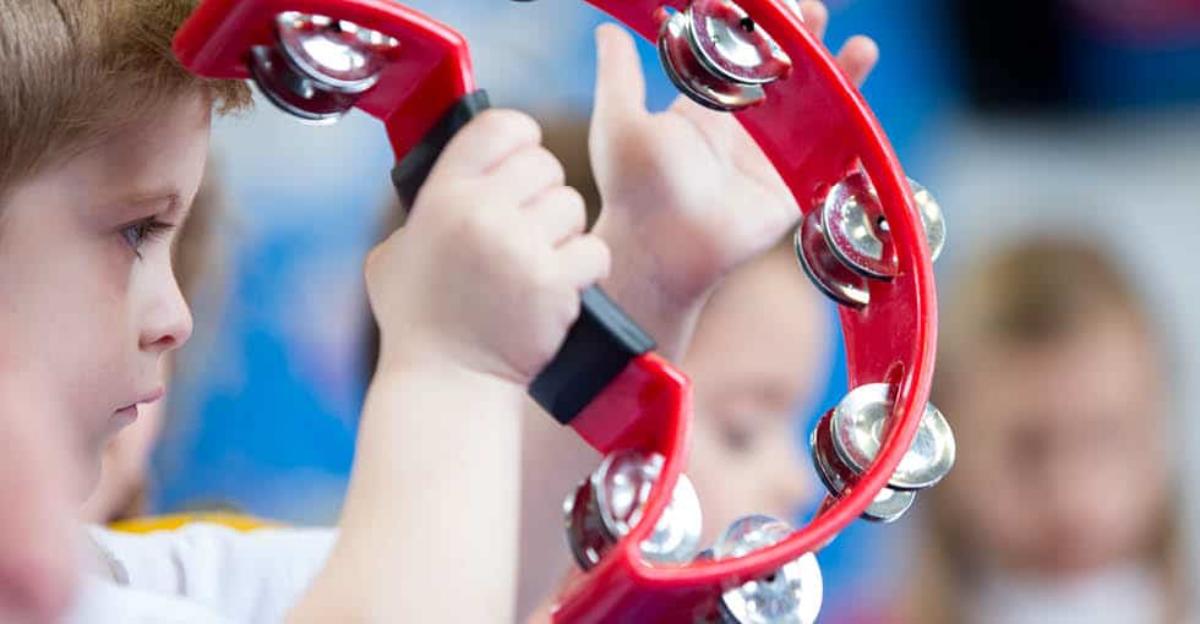
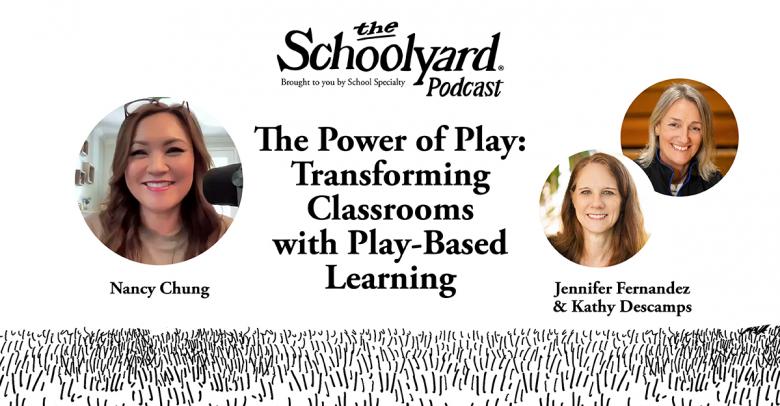
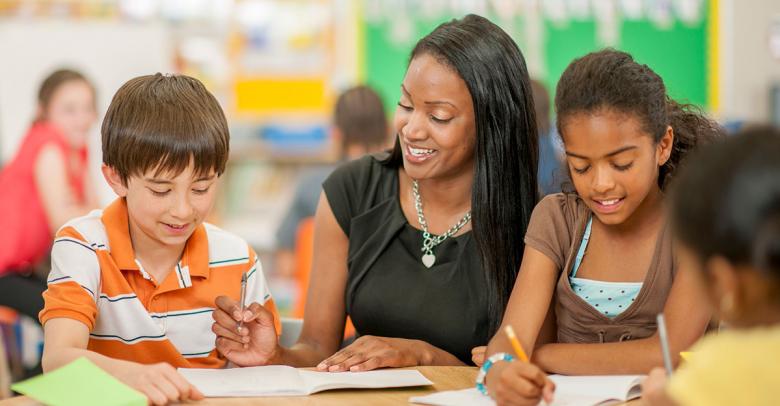
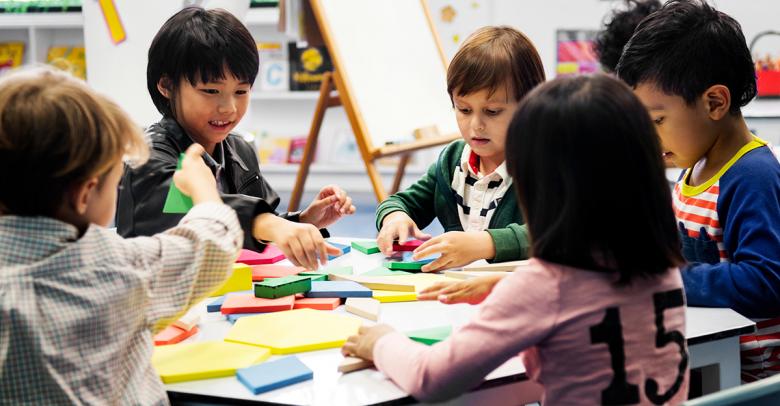
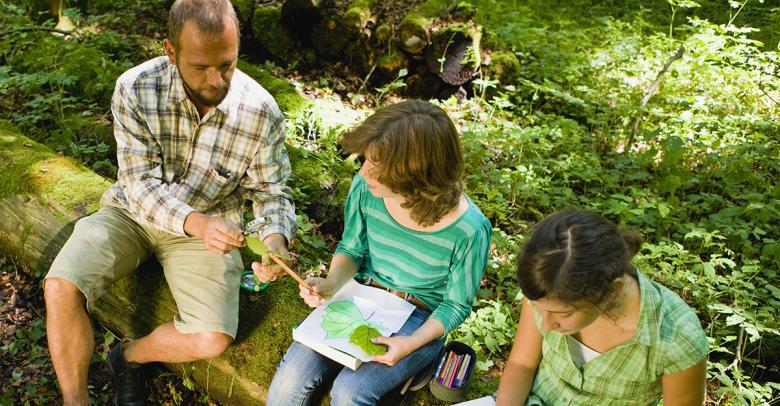
This blog is truly inspiring! Music has such a remarkable power to connect with and unlock the potential in children with autism. It’s amazing to see how something as universal as music can be tailored to create unique and enriching learning experiences for these incredible kids. Your insights and suggestions are not only informative but also heartwarming. Thank you for shedding light on this beautiful way to support and nurture children with autism through the magic of music!